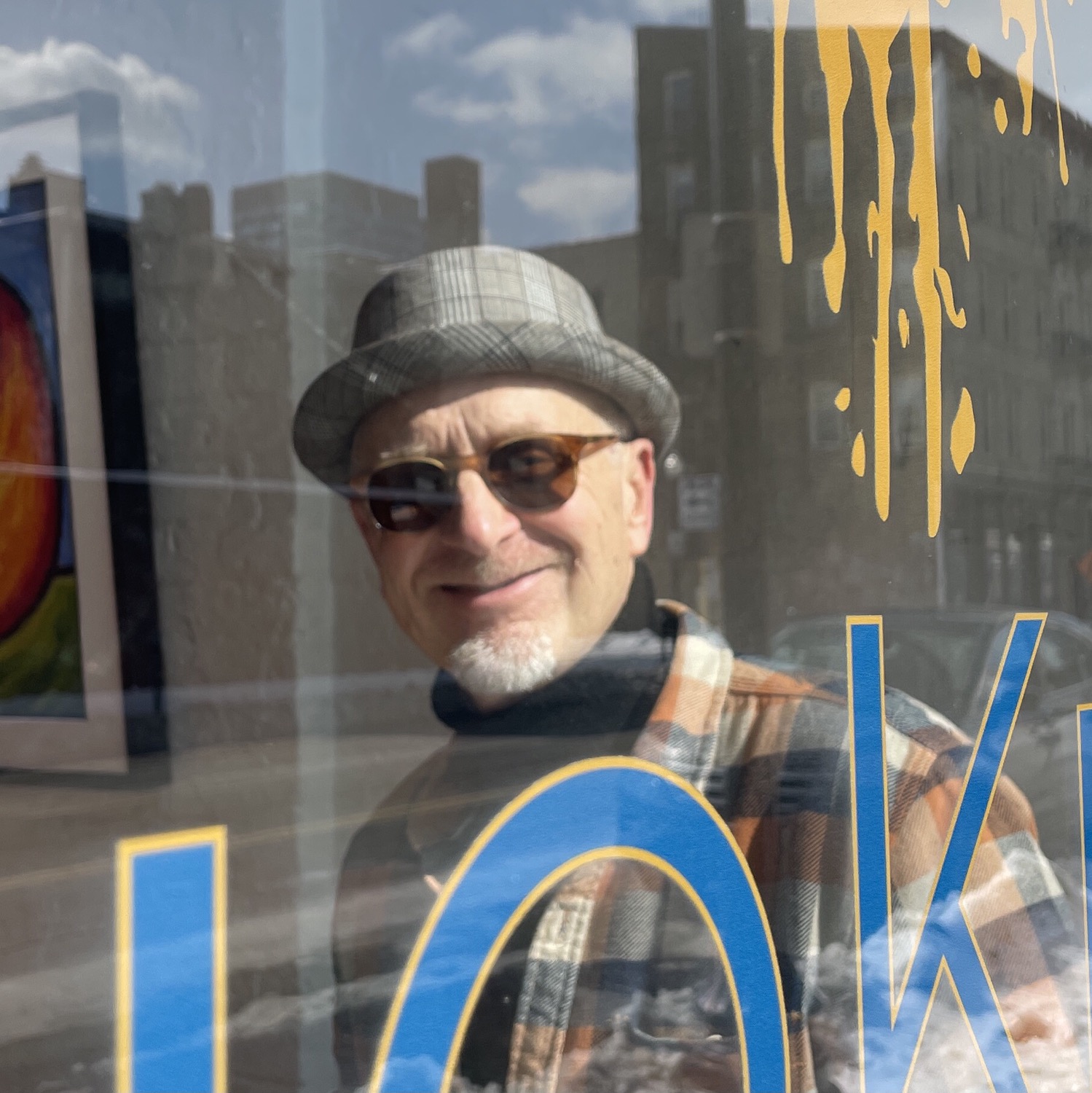Lost Before I Can Be Found
- Paul Kroner

- Nov 11, 2020
- 2 min read
Updated: Nov 12, 2020
The New York Times Style section recently published an interview with an artist from Los Angeles named Henry Taylor. In the interview, he says:
"I think I like the fact that I can be lost before I can be found."
That quote jumped out at me because I feel lost a lot of the time I am working on a sculpture or a painting. It seems like I spend most of the time trying to "find my way."
When I dive into a new piece I am excited and sure-footed. I pat myself on the back for being so smart and "knowing the way." And then I realize that I am way off track. That I am truly lost—that I suck and will never produce anything worthwhile again.
An instructor once advised me that "Until I recognized that I was completely wrong I was never going to be right.” Ouch. I think of his words when the overwhelming sense of being off track arrives yet again.
With lots of practice at being astray, I've found a sense of peace in this state of uncertainty, a confidence that I'll find my way home, albeit via a different route. The path becomes clearer as I move forward, and then backward, and sideways, and then backward some more, all the while constantly looking to see where I may be "completely wrong" so that I can correct the course.
Oftentimes, I arrive at a place that requires severing the parts I love the most. That’s a hard struggle. It is not always a pretty process, but it is my process and I'm learning to embrace feeling lost because I know it mostly will lead somewhere unexpected and more interesting than I planned on.
Does this feeling resonate with you? If so, please let me know... so I don't feel so alone.
—Paul




I really like this idea of learning to trust yourself in times of uncertainty, knowing that if you've found your way before you'll be able to do it again
So familiar to me, Paul. Here's a quote I love about lostness in writing
"The single largest advantage a veteran writer has over the beginner is [the] tolerance for not knowing. It's not style, skill, or any other dexterity. An experienced writer has been in those woods before and is willing to be lost; she knows that being lost is necessary for the discoveries to come." — Ron Carlson